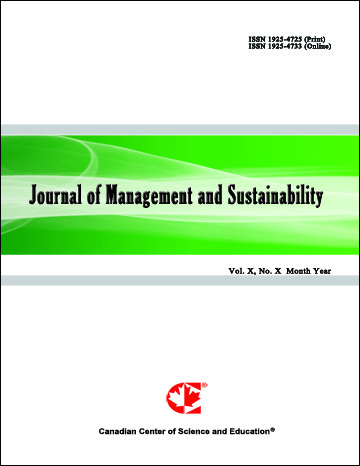The Effects of Environmental, Social and Governance Orientation: An International Empirical Literature Review
- Barbara Fidanza
Abstract
In recent years, the ESG (Environmental, Social and Governance) criteria have become a central component in companies’ and investors’ economic-financial analysis and decision-making processes. This article provides a systematic and critical review of the scientific literature on this topic, exploring six main directions: (1) the relationship between ESG and financial performance; (2) the role of ESG factors in risk management; (3) the impact of ESG aspects on financial markets; (4) the interaction between corporate governance and ESG strategies; (5) the evolution of sustainability regulation; and (6) ESG measurement and rating issues. The literature results reveal a complex scenario: although much research documents a positive relationship between ESG practices and financial performance, numerous heterogeneities emerge related to the sectoral context, time horizon, data quality and materiality of the ESG factors considered. The increasing role of institutional investors and the regulatory framework in promoting transparency and accountability is also emphasized. Finally, the main open challenges in terms of methodological consistency, standardization of ESG ratings and combating greenwashing are identified. The paper concludes by highlighting the most promising future research perspectives, to support a more effective and informed integration of ESG factors into economic and financial decisions.
- Full Text:
 PDF
PDF
- DOI:10.5539/jms.v15n2p24
Journal Metrics
Google-based Impact Factor (2021): 1.54
h-index (July 2022): 37
i10-index (July 2022): 147
h5-index (2017-2021): 12
h5-median (2017-2021): 19
Index
- Academic Journals Database
- ANVUR (Italian National Agency for the Evaluation of Universities and Research Institutes)
- CAB Abstracts
- CNKI Scholar
- EconBiz
- Excellence in Research for Australia (ERA)
- GETIT@YALE (Yale University Library)
- Harvard Library
- HeinOnline
- Infotrieve
- JournalTOCs
- LOCKSS
- MIAR
- PKP Open Archives Harvester
- RePEc
- Scilit
- SHERPA/RoMEO
- Stanford Libraries
- UCR Library
Contact
- Evelyn XiaoEditorial Assistant
- jms@ccsenet.org
